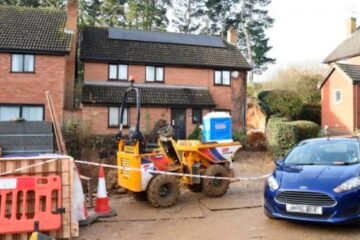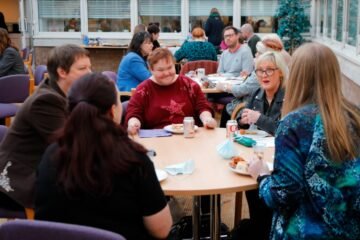How the polls show a shift in voter preferences
- A recent poll by the Scottish Election Survey suggests that Labour has a six-point lead over the SNP in Westminster voting intentions.
- Another poll by Redfield & Wilton Strategies puts the SNP and Labour at a tie with 32% each.
- The polls indicate a trend of some voters moving from the SNP to Labour, especially for the UK General Election, which could be held next year.
- The SNP still has a stronger lead in the Scottish Parliament election, with 34% compared to Labour’s 30%.
What are the reasons behind the SNP’s difficulties
- The SNP faces media scrutiny over its party finances, which are under police investigation.
- The SNP also faces defections to Alba, a new pro-independence party led by former SNP leader Alex Salmond.
- The SNP has been criticized for its handling of some Covid WhatsApp messages, which were not fully disclosed to the UK Covid Inquiry.
- The SNP has been accused of being too slow and cautious in pursuing a second referendum on independence.

How Labour is trying to appeal to Scottish voters
- Labour is presenting itself as the best option to oust the Tories from power in the UK, arguing that voting SNP would not make a difference.
- Labour is also trying to distance itself from its UK leader Keir Starmer, who has been seen as lacking empathy and humanity on the issue of Gaza.
- Labour’s Scottish leader Anas Sarwar has called for a ceasefire in Gaza and has criticized Starmer’s stance.
- Labour is also trying to win back Muslim voters, who have been alienated by Starmer’s handling of anti-Semitism allegations within the party.
What are the implications for the independence movement
- The polls suggest that support for independence is higher than support for the SNP, meaning that some independence supporters are not willing to vote for the SNP.
- The polls also show that the SNP needs to address the concerns and frustrations of its core supporters, who want more action and urgency on independence.
- The polls also indicate that the independence movement is not a monolith, and that there are different views and strategies among its supporters.
- The polls also highlight the challenges of achieving independence in the face of a hostile UK government and media.
What are the uncertainties and risks ahead
- The polls are not definitive and could change before the next elections, depending on various factors such as the Covid situation, the Brexit impact, and the political scandals.
- The polls are also based on samples and methods that may not reflect the true opinions and preferences of the Scottish electorate.
- The polls also do not capture the dynamics and complexities of the electoral system, which could produce different outcomes than the polls suggest.
- The polls also do not account for the possibility of unexpected events or developments that could alter the political landscape.


















